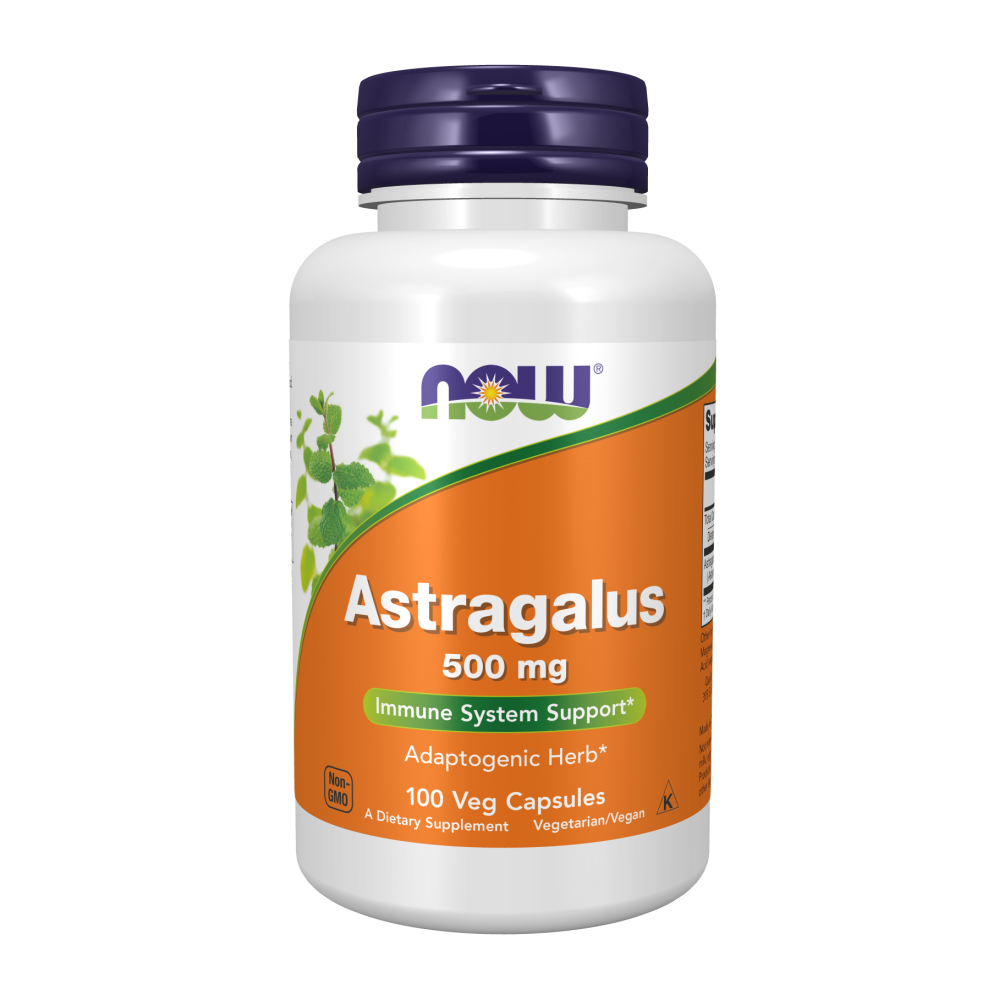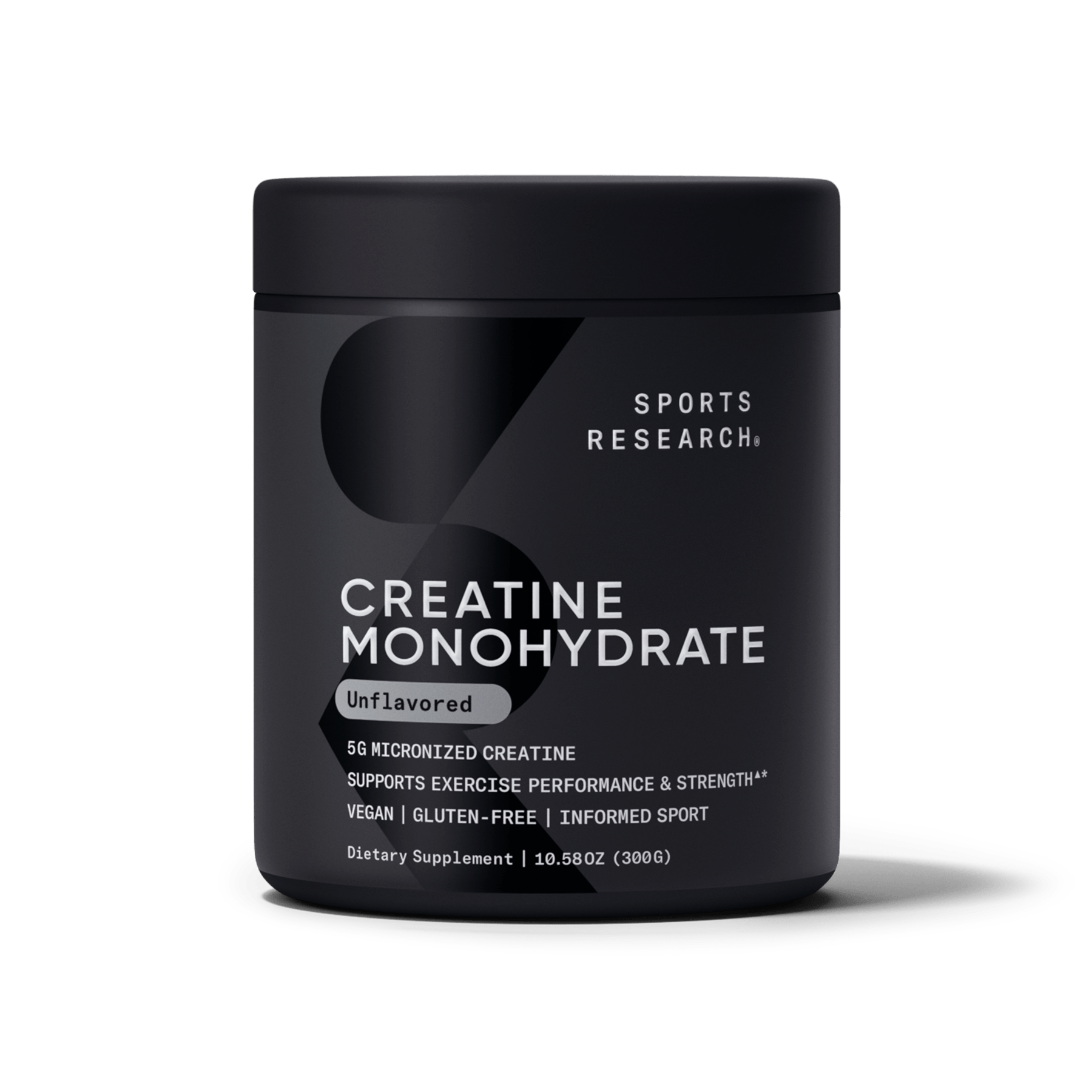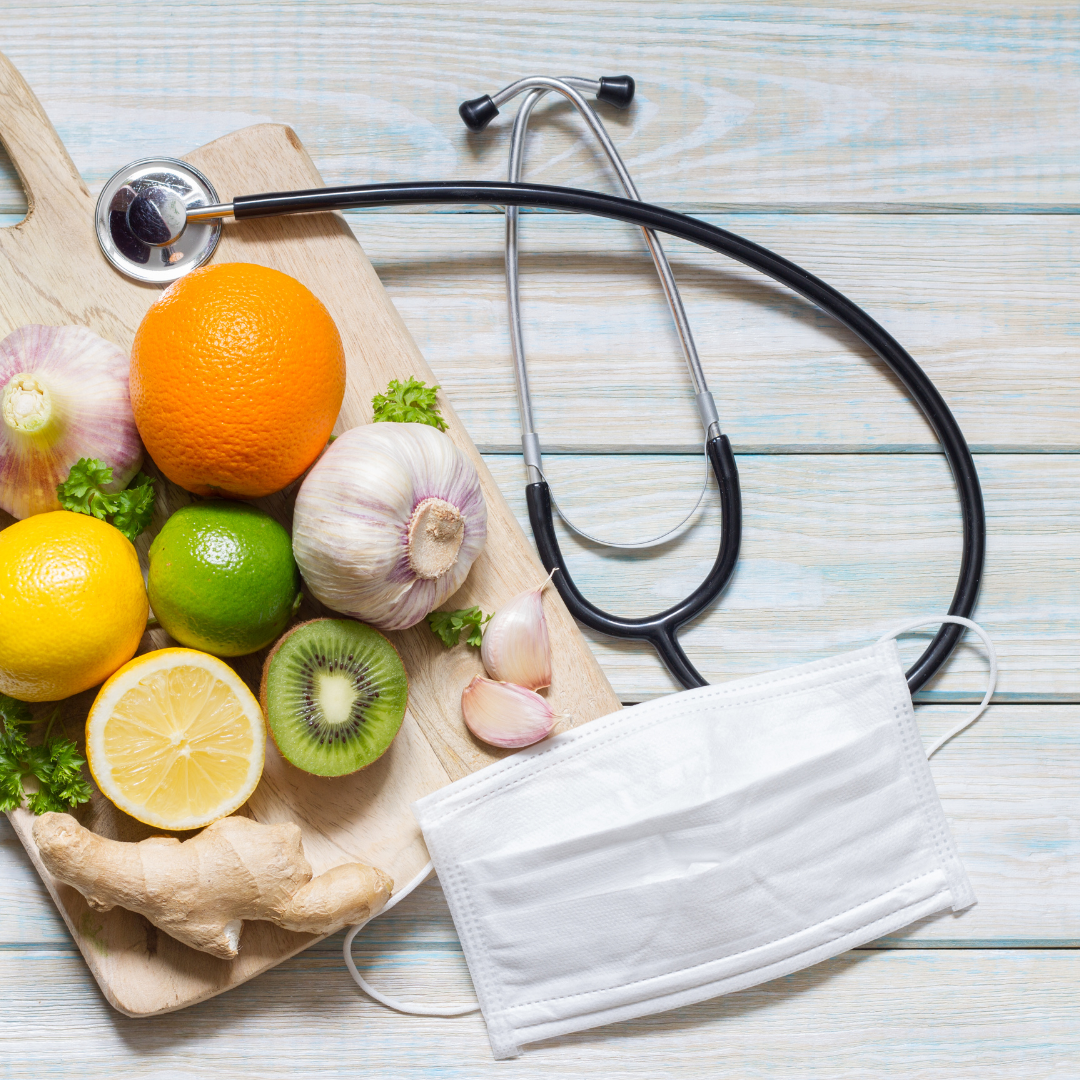
One of the leading causes of aging, as well as many diseases and chronic conditions, is oxidative stress caused by free radicals. What this means is that when the balance between free radicals and antioxidants in your body becomes impaired, the stress causes damage to your cells.
Enter antioxidants.
Antioxidants fight this imbalance in the body and protect it from oxidative stress.
Ideally, you should get your antioxidants from your diet. Polyphenols, which are plant compounds, are considered to be the most abundant dietary source of antioxidants because they’re present in many fruits and vegetables, but also in coffee, tea leaves, legumes, and even chocolate and wine. Antioxidants can also be consumed through dietary supplements.
Learn more about Minimising the Impact of Oxidation and Ageing.
WHAT’S UP WITH BEER?
Beer, one of the oldest drinks in the world and one of the most popular alcoholic beverages nowadays, is also considered to be a great source of polyphenols. Beer gets 30% of its polyphenols from hops and the remaining 70% from malt. It’s been reported that moderate beer drinking increases antioxidant activities and exhibits cardioprotective properties.
In addition, beers that have added fruits, spices, and other natural foods during the fermentation process, are becoming more and more popular.
These special beers have actually been reported to have increased nutritional quality and antioxidant activity, because these foods release many nutrients during the fermentation, like polyphenols.
Having this in mind, two scientists from the CREA, Research Centre for Food and Nutrition in Italy, have conducted research on how the addition of foods during the fermentation process increases the antioxidant activity.
THE DETAILS
They compared seven special beers produced with the addition of walnuts, chestnuts, cocoa, green tea, coffee, honey, or liquorice to five conventional beers.
According to their report, six out of seven of the special beers had a significantly higher range of polyphenols compared to the conventional beers. The highest polyphenol level was measured in cocoa beer, followed by walnut, chestnut, liquorice, coffee, honey, and green tea beers.
Similarly, the level of antioxidants in special beers was notably higher than that of conventional beers, starting with walnut beer, followed by cocoa, chestnut, liquorice, and coffee beers. Honey and green tea beers had levels of antioxidants similar to conventional beers.
Additionally, as polyphenols have two general classes, flavonoids, and phenolic acids, which then branch out further, it’s notable that different types of special beers had different types of polyphenols, and all in differing concentrations.
DISCUSSION
The report states that the antioxidant activity and polyphenol content depends on the quantity and quality of the initial ingredients of the beers, as well as the industrial brewing process.
Beers that were high in antioxidants were more flavourful and aromatic, were foaming better, and generally displayed a higher quality and longer shelf life compared to beers with lower levels of antioxidants.
The colour of the beer also played a part in this research. Namely, the colour of special beers was stronger and more saturated than that of conventional beers, and this is undoubtedly due to the polyphenols because they contain some pigments that give fruits and vegetables their colour.
Another fact worth mentioning is that compared to wine, which has 2000-6000ml/L polyphenols, conventional beers contain only 300-500mg/L, whereas special beers with the addition of fresh fruits can be up to 770mg/L, and the special beers examined in this study had a total polyphenol content of 464-1026mg/L.
IN CONCLUSION
Beer’s low alcohol content coupled with its nutritional profile and antioxidant content is a topic worth investigating. Moderate beer drinking has been reported to increase antioxidant and anticoagulant activities, and to have cardioprotective effects on human health.
According to the report, beer can be a part of the overall dietary intake of antioxidants, especially beer that has been fermented with the addition of other nutritious foods.





